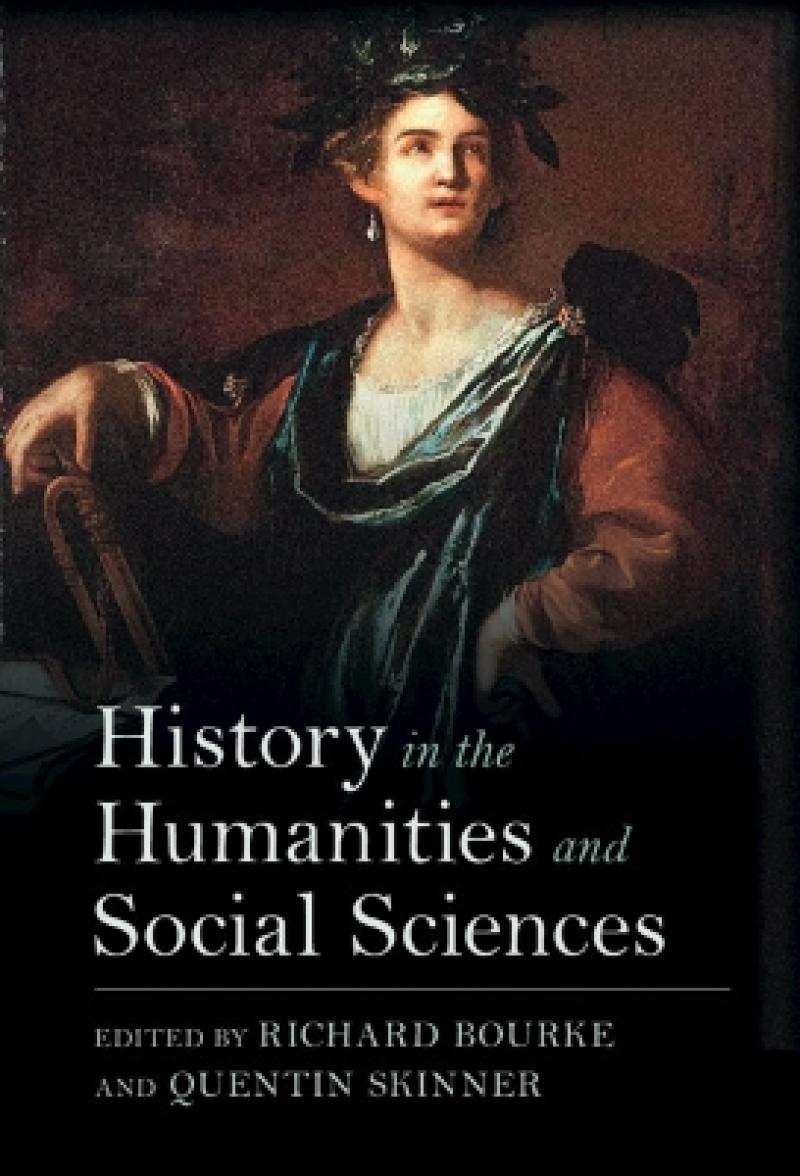'… a well-crafted, serious, and important set of contributions by sixteen academics to our knowledge of how history is valued … The editors' independent eminence brings intellectual authority to the enterprise, while the book's articles and issues are significant. … this volume demonstrates the importance of investing history more fully and genuinely in the work of the academy, now seriously beleaguered as its common frames of reference, justification, and political support disintegrate.' John R. Wallach, Society
'With sophistication and rigour, Bourke and Skinner's volume affirmatively answers the question of whether historical consciousness can add to the work of the humanities and social sciences. It brings a refreshing contemporaneity to that discussion. … [It is] an exceptional resource for those who though committed to the historicist approach, in one form or another, find themselves pressed to offer disciplinary justification … informative, engaging, and provocative yet free of complacency. Its editors have put together a collection which, I expect, will resonate with a generation or more of scholars committed to this invaluable tradition.' Brian O'Connor, Society
'Reading it cover to cover is … instructive, and suggests an overarching story about the evolution of the historical discipline itself over the past half century. … the volume is itself, in part, some-thing of a first-order intellectual history of academic disciplinarity across the twentieth century, historicizing the fields of intellectual endeavor that have - to varying degrees at different times - availed themselves of historical method … the book captures the profound importance of historical data and historical interpretive techniques to the scholarly enterprise of the modern university.' Jeffrey Collins, Society
